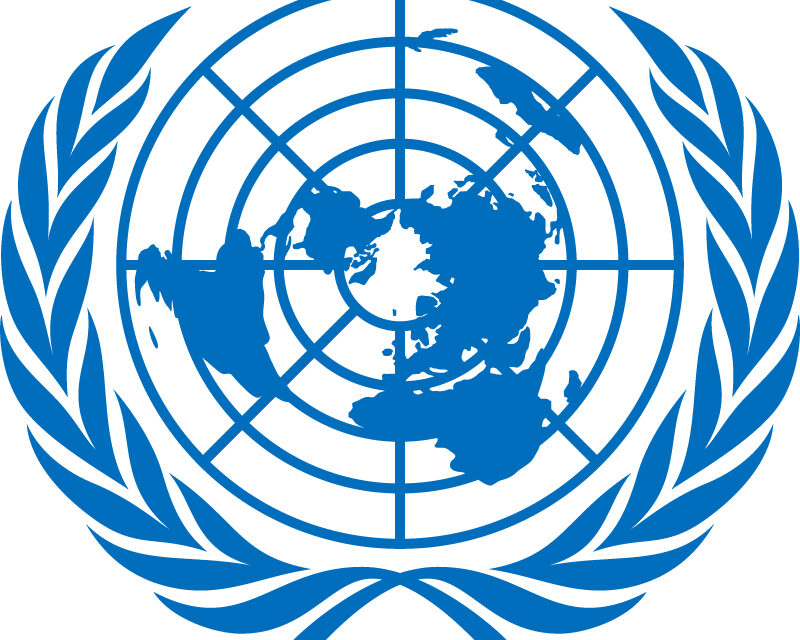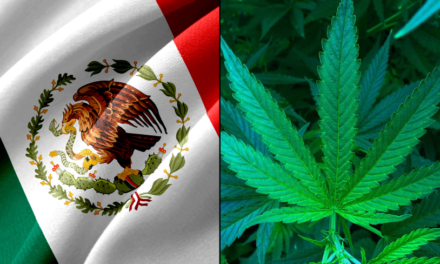A United Nations commission voted to remove marijuana for medical use from a list of the most risky narcotics, such as heroin.
A United Nations commission voted on Wednesday to remove cannabis for medicinal purposes from a category of the world’s most dangerous drugs, a highly anticipated and long-delayed decision that could clear the way for an expansion of marijuana research and medical use.
The vote by the Commission for Narcotic Drugs, which is based in Vienna and includes 53 member states, considered a series of recommendations from the World Health Organization on reclassifying cannabis and its derivatives. But attention centered on a key recommendation to remove cannabis from Schedule IV of the 1961 Single Convention on Narcotic Drugs — where it was listed alongside dangerous and highly addictive opioids like heroin.
Experts say that the vote will have no immediate impact on loosening international controls because governments will still have jurisdiction over how to classify cannabis. But many countries look to global conventions for guidance, and United Nations recognition is a symbolic win for advocates of drug policy change who say that international law is out of date.
Komorn Law
Cannabis Business Licensing and Legal Services
For Over 25 Years Komorn Law has Been a Legal Defense
Advocate and Activist for Cannabis. So We Are Well Experienced
248-357-2550
KomornLaw.com
Just Google us
“This is a huge, historic victory for us, we couldn’t hope for more,” said Kenzi Riboulet-Zemouli, an independent researcher for drug policy who has closely monitored the vote and the position of member states. He said that cannabis had been used throughout history for medicinal purposes and that the decision on Wednesday reinstated that status.
The change will most likely bolster medical research and legalization efforts around the world.
The vote was a “big step forward,” recognizing the positive impact of cannabis on patients, said Dirk Heitepriem, a vice president at Canopy Growth, a Canadian cannabis company. “We hope this will empower more countries to create frameworks which allow patients in need to get access to treatment.”
Marijuana for medical use has exploded in recent years and products containing cannabis derivatives like cannabidiol or CBD, a nonintoxicating compound, have flooded the wellness industry. Cowen, an investment and financial services company, estimates that the CBD industry in the United States will be worth $16 billion by 2025.
UN NEWS RELEASE

In reviewing a series of World Health Organization (WHO) recommendations on marijuana and its derivatives, the CND zeroed-in on the decision to remove cannabis from Schedule IV of the 1961 Single Convention on Narcotic Drugs — where it was listed alongside deadly, addictive opioids, including heroin.
The CND’s 53 Member States voted to removed cannabis – where it had been placed for 59 years – from the strictest control schedules, that even discouraged its use for medical purposes. https://platform.twitter.com/embed/index.html?creatorScreenName=UN_News_Centre&dnt=false&embedId=twitter-widget-0&frame=false&hideCard=false&hideThread=false&id=1334079976325439499&lang=en&origin=https%3A%2F%2Fnews.un.org%2Fen%2Fstory%2F2020%2F12%2F1079132&siteScreenName=UN_News_Centre&theme=light&widgetsVersion=ed20a2b%3A1601588405575&width=550px
With an historic vote of 27 in favour, 25 against, and one abstention, the CND has opened the door to recognizing the medicinal and therapeutic potential of the commonly-used but still largely illegal recreational drug.
Moreover, according to news reports, the decision could also drive additional scientific research into the plant’s long-heralded medicinal properties and act as catalyst for countries to legalize the drug for medicinal use, and reconsider laws on its recreational use.
Long wait
Back in January 2019, WHO unveiled six WHO recommendations surrounding the scheduling of cannabis in UN drug control treaties.
While the proposals were originally set to be voted on during the CND’s March 2019 session, many countries had requested more time to study the endorsements and define their positions, according to news reports.
Among WHO’s many points, it clarified that cannabidiol (CBD) – a non-intoxicating compound – is not subject to international controls. CBD has taken on a prominent role in wellness therapies in recent years, and sparked a billion-dollar industry.
Currently, more than 50 countries have adopted medicinal cannabis programmes while Canada, Uruguay and 15 US states have legalized its recreational use, with Mexico and Luxembourg close to becoming the third and fourth countries to do so.
Where they stand
After voting, some countries made statements on their stances.
Ecuador supported all of WHO’s recommendations and urged that cannabis production, sale and use, have “a regulatory framework that guarantees good practices, quality, innovation and research development”.
Meanwhile, the United States voted to remove cannabis from Schedule IV of the Single Convention while retaining them in Schedule I, saying it is “consistent with the science demonstrating that while a safe and effective cannabis-derived therapeutic has been developed, cannabis itself continues to pose significant risks to public health and should continue to be controlled under the international drug control conventions”.
Voting against, Chile argued, among other things, that “there is a direct relationship between the use of cannabis and increased chances of suffering from depression, cognitive deficit, anxiety, psychotic symptoms, among others” while Japan stated that the non-medical use of the plant “might give rise to negative health and social impacts, especially among youth”.
The Michigan Medical Marijuana Association (MMMA)
Public forums for guests and members of the Michigan Medical Marijuana Association.
This is an open forum related to a variety of topics from legal issues to growing for medical use to strains and more.
LEGAL ADVISORY – Rules, Regulations and laws may have changed after this information was posted. It is up to the reader to research and determine the current status of those items. It is always best to consult an attorney that has experience and is focused on the cannabis industry. One of the most well known law firms in the industry for over 25 years is Komorn Law
Other Posts
- Taxes and School Policy in New State Budget
- Michigan lawmakers looking to revive “junk science” roadside drug testing
- No Sheet Sherlock
- You likely won’t be told if your weed failed mold test.
- We Know What You Did – Last Time We Looked
Tags
2020 2021 Adult Recreational Use Adult Use breathalyzer cannabis Cannabis Regulatory Agency Caregivers coronavirus CRA Driving drugged driving DUI Education educational Event Federal Hemp Lab Scandal LARA LARA-BMR Laws legalization Marijuana medical marijuana michigan Michigan Laws Michigan Legislature Michigan News MMFLA MMMA MRA MSP News Ohio Patients Recreational science taxes Traffic Laws USA USA News Viridis Labs world news Your Rights
Other Posts
- Taxes and School Policy in New State Budget
- Michigan lawmakers looking to revive “junk science” roadside drug testing
- No Sheet Sherlock
- You likely won’t be told if your weed failed mold test.
- We Know What You Did – Last Time We Looked
Tags
2020 2021 Adult Recreational Use Adult Use breathalyzer cannabis Cannabis Regulatory Agency Caregivers coronavirus CRA Driving drugged driving DUI Education educational Event Federal Hemp Lab Scandal LARA LARA-BMR Laws legalization Marijuana medical marijuana michigan Michigan Laws Michigan Legislature Michigan News MMFLA MMMA MRA MSP News Ohio Patients Recreational science taxes Traffic Laws USA USA News Viridis Labs world news Your Rights









